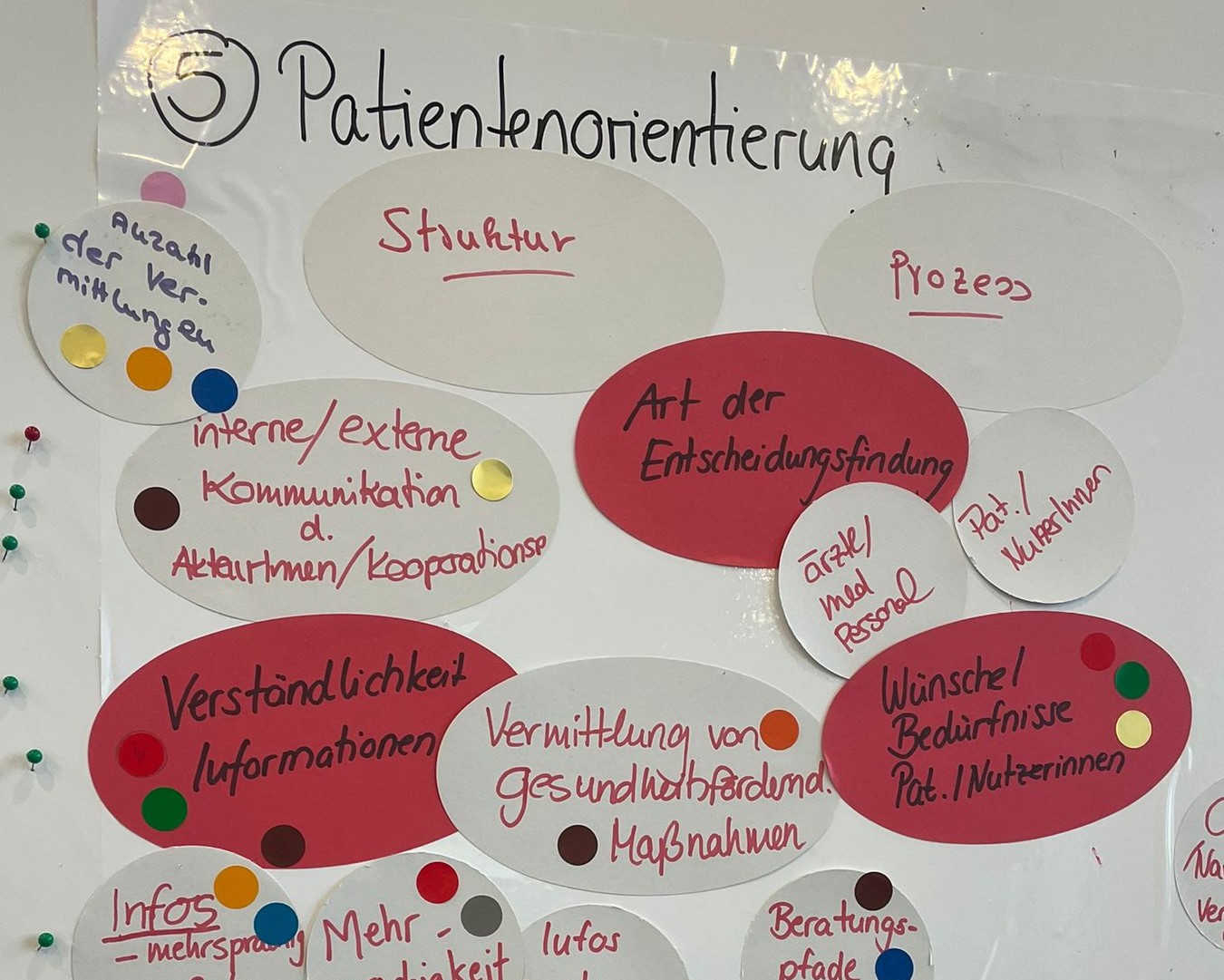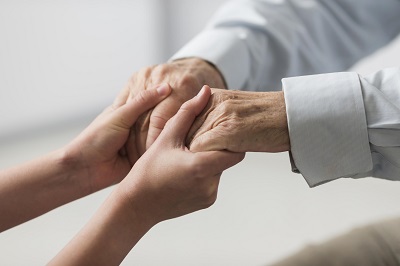
Accompanying evaluation of six Local Health Centers (LGZ)
Six Local Health Centers (LGZ) are currently being established in Hamburg to improve healthcare in socially and health-wise disadvantaged districts. The concept for the LGZs follow the PORT concept of the Robert Bosch Stiftung: The foundation has already been funding “Patient-Oriented Centers for Primary and Long-term Care” in Germany since 2015. The establishment of the Hamburg LGZ is funded by the Senate of Hamburg over a period of three years. The LGZs will operate at the interface of healthcare and social services. Characteristics are:
- Patient-oriented care in locally organized centers
- Cross-sectoral care
- Multiprofessional teamwork of medical, nursing and social counseling staff at eye level
- Interdisciplinary cooperation of local counseling centers
- Cross-sectional/primary counseling to improve the social situation
- Offers for prevention and health promotion
- Good integration in the districts
The Hamburg Social Authority and the Robert Bosch Foundation have concluded a cooperation agreement to evaluate the conception and implementation of the new centers in Hamburg. Together with the aQua Institute, inav GmbH is conducting an accompanying evaluation of the six LGZs. The aim of the evaluation is to provide scientific support for the transition of the primary care centers to regular care and to measure the achievement of the goals. The evaluation is based on a mixed-methods design and includes the following elements:
- Participant observation in all six LGZs
- Guideline-based interviews with stakeholders in the LGZs and in the districts
- Interviews with patients and users of the service
- Small-scale routine data analysis (impact analysis at district level)
- Secondary data analysis of the performance data of the LGZs
The evaluation is financed by the Robert Bosch Center for Innovative Health at the Bosch Health Campus in Stuttgart (formerly the health funding department of the Robert Bosch Foundation).








